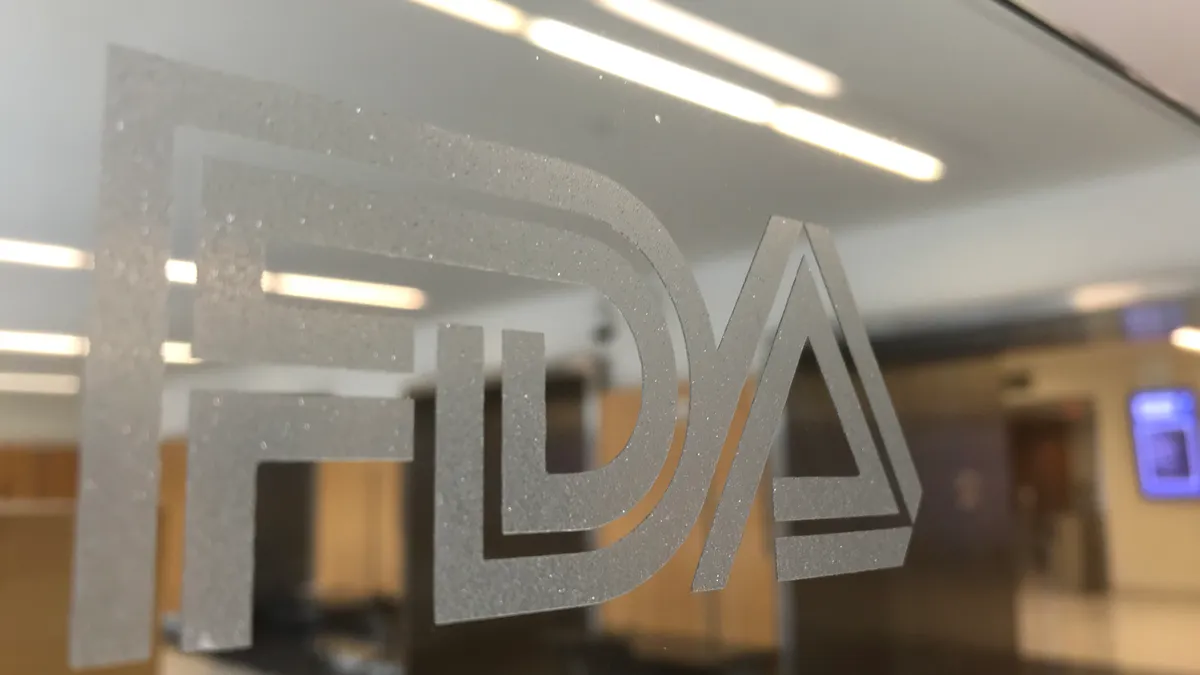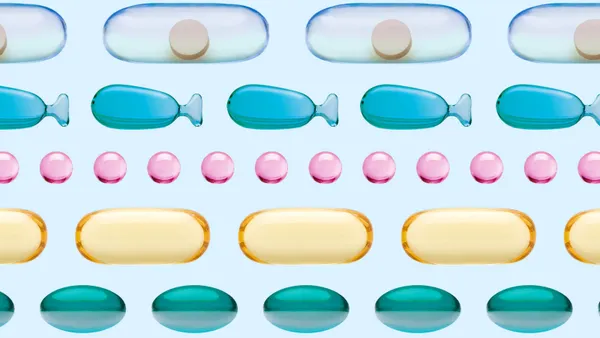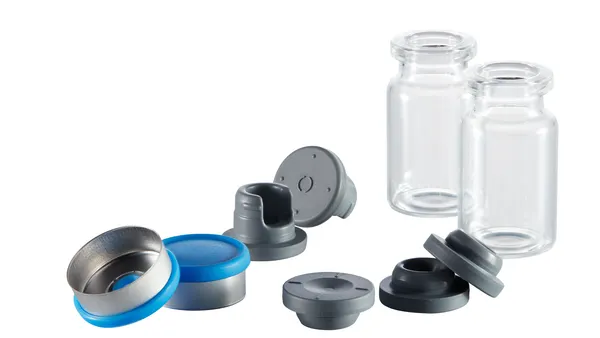Dive Brief:
- The Food and Drug Administration filed a consent decree of permanent injunction in the the Eastern District of Arkansas on April 19 against Cantrell Drug Company Inc. of Little Rock, Arkansas, and its CEO and co-owner, James L. McCarley, Jr.
- The consent decree prohibits operation of the business until McCarley takes corrective action to satisfy the current Good Manufacturing Practices requirements of the Federal Food, Drug, and Cosmetic Act.
- The decree effectively shuts Cantrell down for the third time, which the owner had previously predicted would "be the end of the company." The move prevents Cantrell from supplying the more than 500 hospitals in its network with medications that it claims are in critical short supply, and is in "direct conflict with Congress' intent to provide a solution for drug shortages," said Cantrell.
Dive Insight:
The Center for Drug Evaluation and Research (CDER) began reporting consent decrees against 503B outsourcing facilities in January 2014. The consent decree against Cantrell is the first issued by FDA this year so far, according to FDA spokesperson Jeremy Kahn.
The agency began for-cause inspections of compounding facilities due to a fungal meningitis outbreak in 2012 that killed 64 people and caused 764 others to become ill.
In this case, the FDA alleges the company "manufactured and distributed purportedly sterile drug products, such as injectable opioids and antibiotics, that were adulterated under the FD&C Act because the drugs were made under insanitary conditions and in violation of current good manufacturing practice (cGMP) requirements."
Cantrell contends its products are safe.
"Any of our product that has been released into the market has never tested positive for bacterial contamination," said Will McCarley, director of communications at Cantrell, in an email. "In fact, all of our batches are tested for sterility, potency, and endotoxin and when our product is delivered to a hospital, [it] receives those test results associated with that batch."
The saga between Cantrell and the agency dates to 2013, when the company got a form 483. In 2015, Cantrell received a warning letter for producing a portion of its products without a valid prescription per each product, indicating the company was operating as an outsourcing facility without proper certification.
The FDA also found deficiencies related to product labeling and that among other problems, sterility testing and endotoxin testing of some of Cantrell’s final products was not performed according to proper timelines.
In June 2017, FDA issued a second form 483, noting some of the same concerns and citing Cantrell's failure to test the impact of inadequate airflow on certain lots of sterile drugs and its failure to perform sterility testing on batches of drugs made during periods of known environmental excursions, among other citations.
Cantrell issued a voluntary recall of all of its products in June 2017.
Then in March 2018, the FDA announced it filed a preliminary injunction against the manufacturer. In response, Cantrell filed a temporary restraining order against the agency in bankruptcy court.
But FDA issued a third form 483 later that month. And while there were still a few items related to insanitary conditions, the most recent assessment included new observations, including some that alleged the staff did not perform a smoke study to check its new hoods in the facility, nor did it check the assay results from sterility studies performed at outside contract labs.
Additionally, this time the FDA said the facility was producing drugs in bulk that were not listed on FDA's list of drugs in short supply, alleging Cantrell was making "essentially a copy of one or more approved drugs" without permission.
Cantrell argued that there is a clinical need for certain dosages of commercially available drugs (that are not available from manufacturers) and that hospitals specifically request those dosages.













